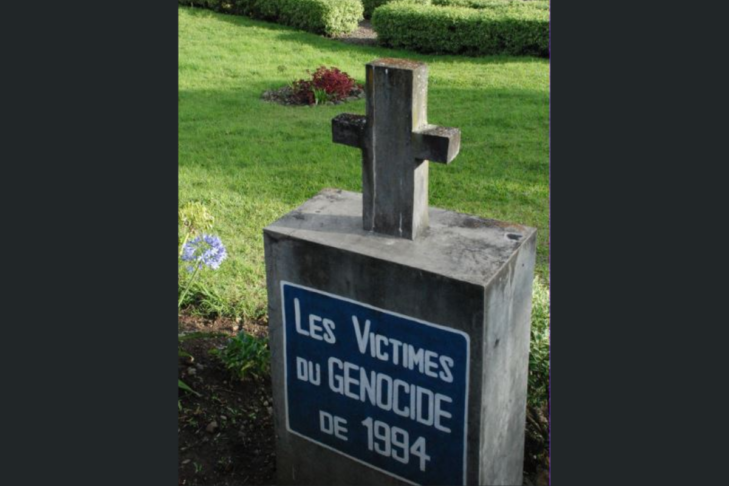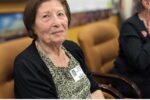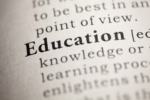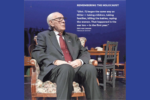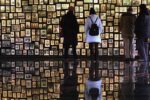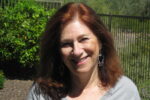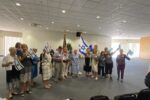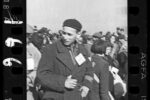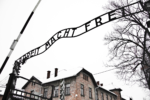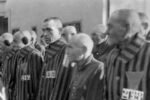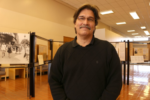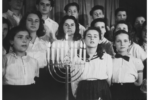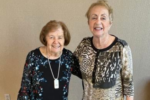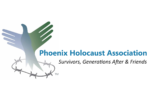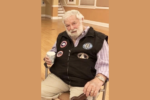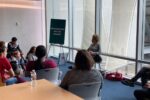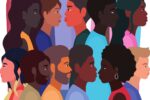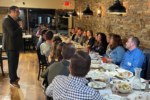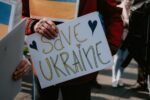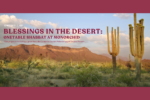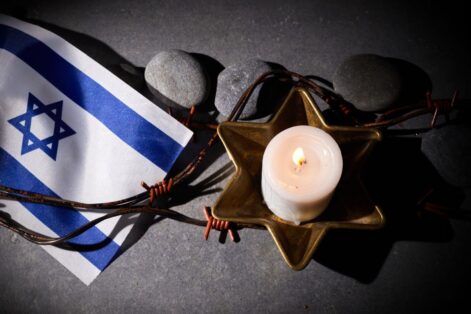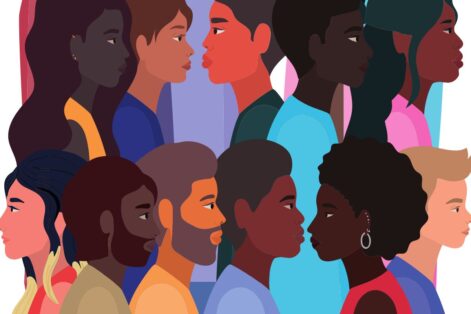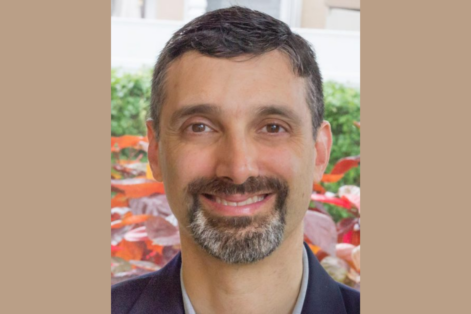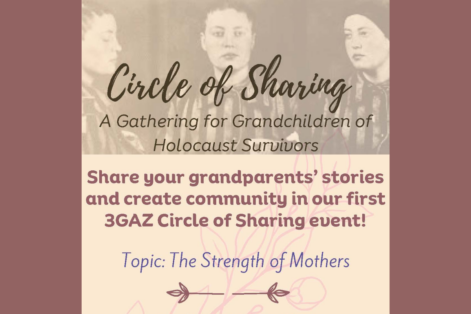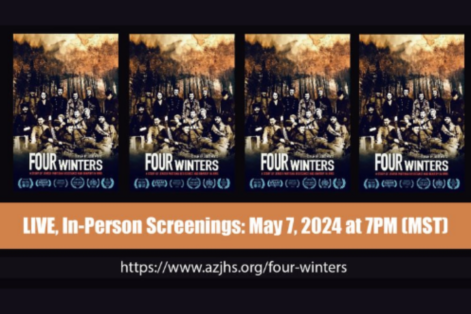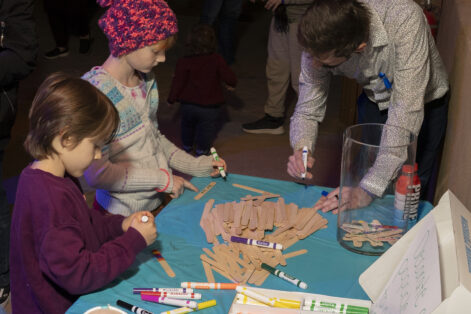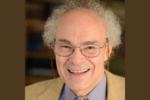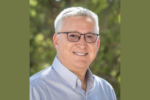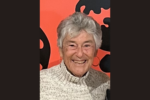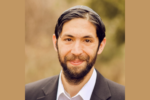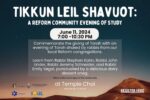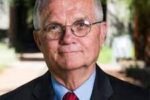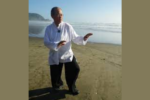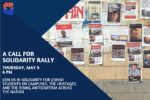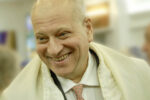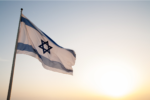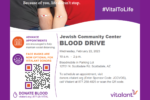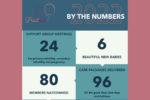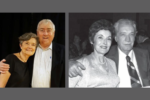As we enter April and Genocide Remembrance Month, it is imperative to remember, reflect, and strive to do better in combatting genocide wherever and whenever we see it happening.
By Kim Klett, PHA board member and educator
This April, students in my year-long Holocaust Literature course continue learning about Rwanda and will begin learning about genocide in Darfur. Darfur was the first “other genocide” I began teaching after I had started this course (then semester-long) in 2000. The first few years of the course, I only focused on the Holocaust, as the course name implies. But then I started hearing about Darfur, and in 2004, Secretary of State Colin Powell called the events in
Darfur a genocide. Getting involved in the movement made me realize the importance of teaching about contemporary genocide, and the disservice I had done previous students in not making connections between the Holocaust and other genocides. We did a deep-dive into the genocide in Darfur, and eventually added Rwanda, Armenia, and Bosnia, as well as Cambodia, Burma, and Native Americans. This has been invaluable to my students, opening their eyes to the fact that “Never Again” was but an empty promise, and giving them a voice and
empowerment to consider our responsibility to not only call a genocide as such when we see it, but also the need to do something to help end it. In a few weeks they will read a fictional account of two Darfurian families, one trying to survive the refugee camps in Chad (which still
exist today) and the other trying to make it in London, living as refugees in a very different world. Author Rebecca Tinsley will join them when they finish the novel, answering their questions and offering suggestions to get involved in the anti-genocide movement. Tinsley lives in London and heads a nonprofit, Network for Africa, which works in post-conflict societies, such as Rwanda and Sierra Leone, to help rebuild by providing training in particular skills as a way of supporting and strengthening the mental health of mass atrocity survivors.
I recently traveled to Rwanda (in early March 2023) with the Educators’ Institute for Human Rights (EIHR), where I saw firsthand the effects of a genocide. It is 29 years after the genocide, and everyone in that country bears its scars, whether physically, mentally, or both. EIHR was founded in 2011 (by teachers) for teachers in post-conflict societies to use education to combat hate and genocide. Our method is to start with the Holocaust, learning its history and ways to
teach the topic, and then slowly move into the country’s own genocide or mass atrocities and work on peace education. This time, we conducted the first Rwandan Teacher Corps, selecting 15 Rwandan teachers to participate in a program similar to the United States Holocaust Memorial Museum’s “Museum Teacher Fellows.” These 15 Rwandan teachers were eager to learn more about the history of the Holocaust, as well as teaching methods to utilize in their classrooms. Their enthusiasm and interest kept us going as we met for four days at the Kigali Genocide Memorial, the grounds in which are buried 250,000 people. It is a somber reminder of what happened there 29 years ago, with neighbors killing neighbors, as many as a million in
just 100 days. As we led the teachers in discussions on pedagogy and the use of diaries to teach about the Holocaust, utilizing USHMM’s timeline activity and other resources, they made connections between their recent history and the genocide that was the Holocaust. It was
almost a collective sigh, but also a feeling of understanding. While it is a dark, often depressing topic, it allowed the teachers to take their minds off the events they had lived through, focusing on something that had happened in another time, in a much farther away place. That distance sometimes makes things clearer and allows survivors to make connections to their own experiences and see patterns of genocide.
Yet for all the darkness, hope is alive and thriving in Rwanda. We visited the PeacEdu Initiative, where the director, Albert Rutikanga, took us to the church where he had hidden and where his parents had been murdered. We went to the memorial burial site next door, descending into the tomb for a moment of silence for the victims. Immediately after, we gathered under a large tent, listening to survivors of the 1994 genocide recount their experiences. After each survivor, a different man stood and told his story of being the perpetrator against that person, apologizing for what they did and thanking the community and PeacEdu for allowing them back,
even welcoming them and helping them live productive lives. As difficult as this was for us listeners, we saw the peace they all felt and understood that they have made this process work in order to move on.
Our teacher group found hope in learning about Jewish traditions when we partook in a Shabbat dinner with Rabbi Chaim Bar Sella at Chabbad-Lubavitch House in Kibagabaga. The rabbi’s wife prepared a delicious meal for our group and for their regular Friday night group of a dozen or so people, and everyone had time to mingle, talk, sing, and learn a little about each other. This was a wonderful way for our teachers to add to their knowledge and ideas of acceptance and understanding.
On one of our last days we visited Network for Africa’s Aspire women’s cooperative and school. After hearing about this program for several years (from Rebecca Tinsley, mentioned above), it was a joy to see these programs in action, helping the community of women heal from trauma and live fulfilling lives. They took such pride in the items they created and sold, and the teachers in the preschool happily walked us through the classrooms, showing us what the students have learned, including the English alphabet song. Programs like these also help a
country move on.
These memories will stay with me as I commemorate the Rwandan genocide and remember its victims this month, as well as victims of too many other genocides.
So, what can we do to stand up against genocide? Here are my thoughts:
1. Educate ourselves. It can be overwhelming; there are so many human rights violations and atrocities continuing every day. Start with one and learn everything you can. Visit reputable websites, read books, sign up to hear speakers on the topics (everything can be found on Zoom these days), register for ASU’s 11 th Annual Genocide Awareness Week—it’s free! (register at https://shprs.asu.edu/gaw2023#:~:text=The%2011th%20Rosenbluth%20Family%20Charitable,and%20members%20of%20law%20enforcement.) (April 17-20)
2. Tell everyone you know. Educate others and spread the word. Join others by attending meetings (online or in-person). Share petitions.
3. Contact elected officials. Let them know you want action taken. Send letters. Schedule appointments to meet them and ask for specific actions to be taken. Make some noise.
4. Make some more noise. Attend rallies against genocide. Can’t find any? Start one within your community.
5. Keep an eye on genocide denial. Refute false claims and make sure you aren’t taking information from these sites.
6. Visit sites such as USHMM’s Simon-Skjodt Center for the Prevention of Genocide (https://www.ushmm.org/genocide-prevention/simon-skjodt-center) to see what is being done currently.
***After this article was written, events in Darfur have again escalated. Please look for the news every day and find a way you can get involved.
This post has been contributed by a third party. The opinions, facts and any media content are presented solely by the author, and JewishPhoenix assumes no responsibility for them. MORE


